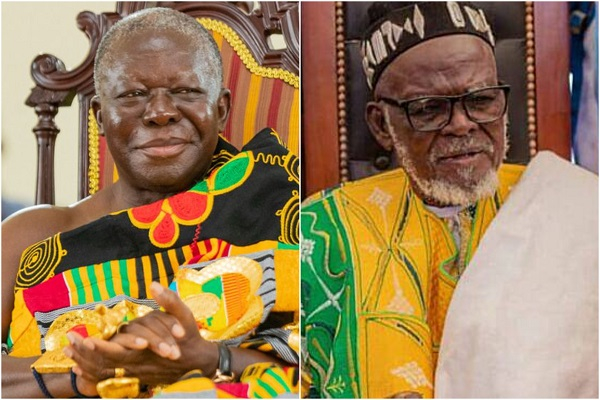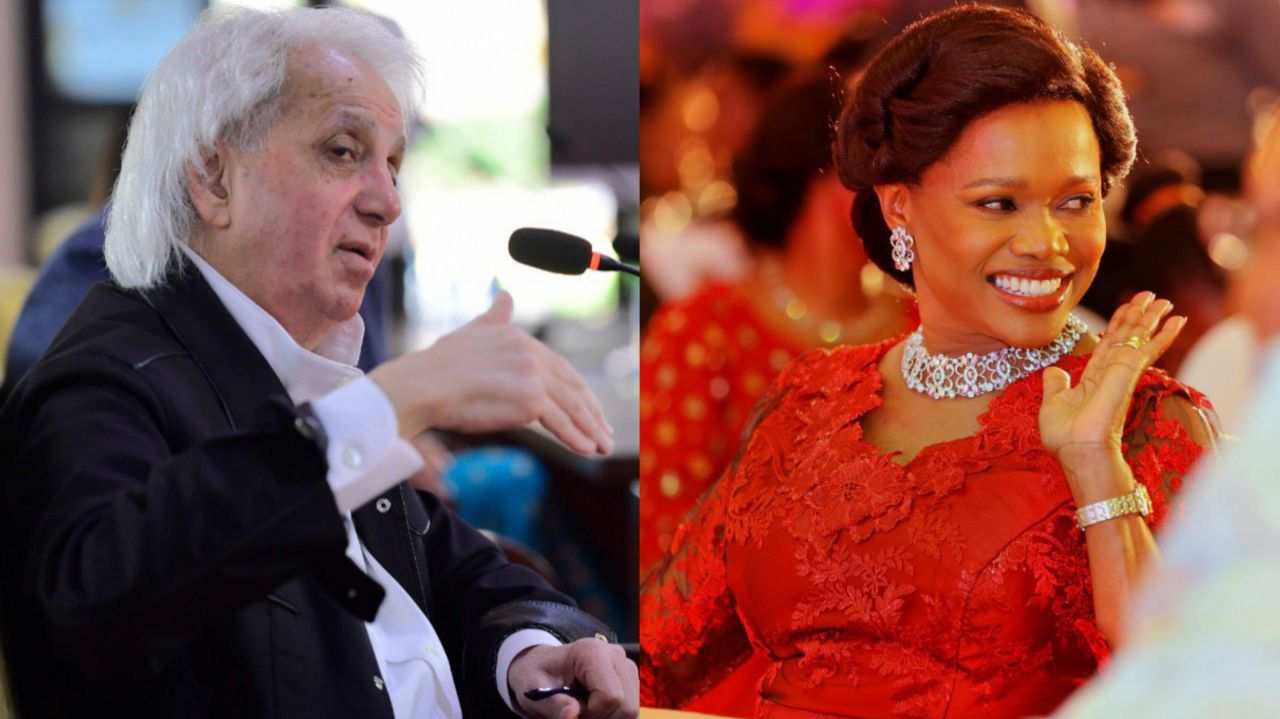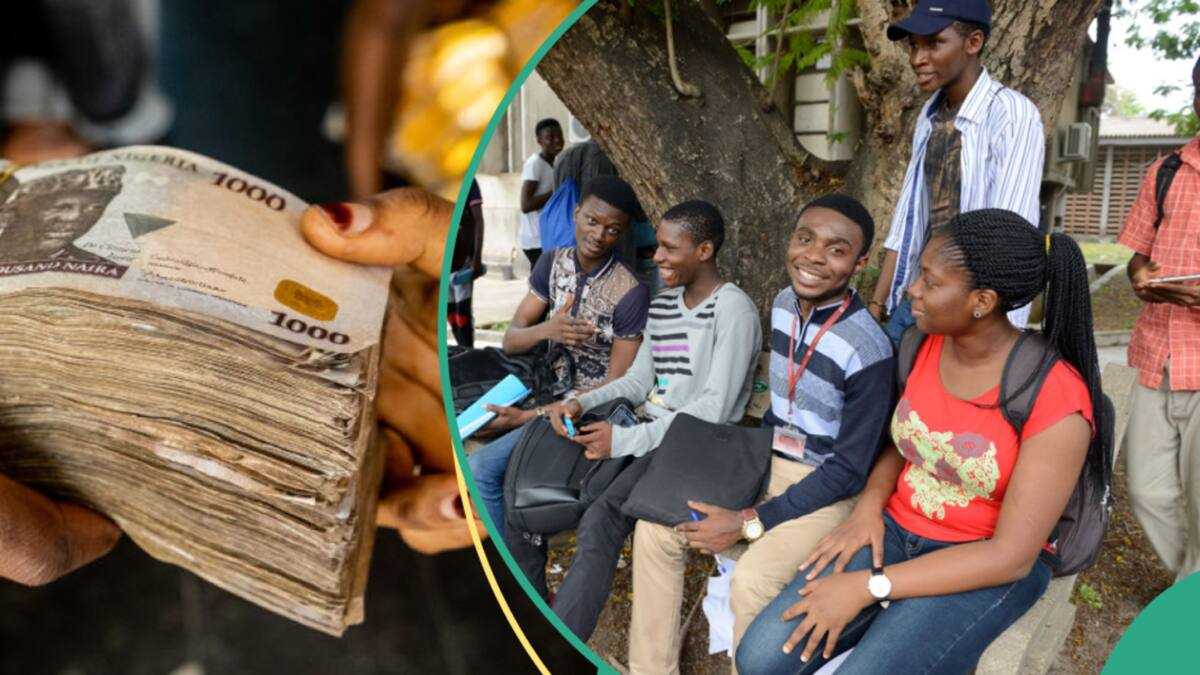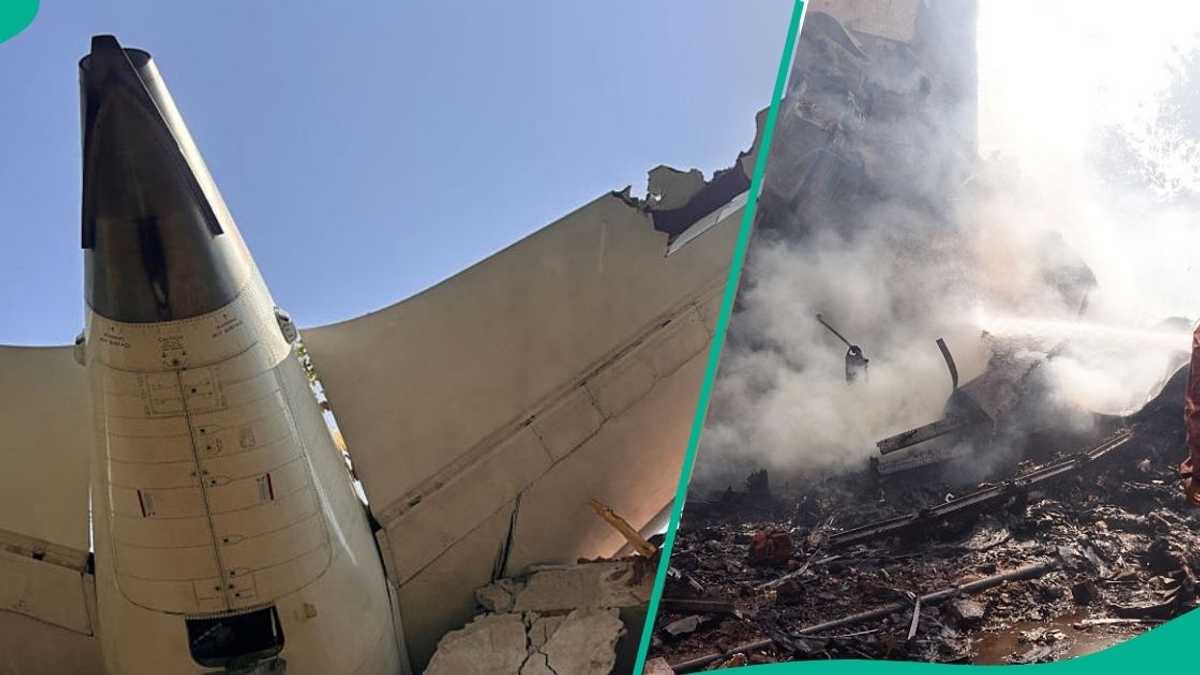Now, Discover The Impact Of Glastonbury Festival Controversy On Global Tourism: UK, Israel And International Relations Amid Political Tensions - Travel And Tour World
Monday, June 30, 2025

The 2025 Glastonbury Festival, one of the world’s most iconic music festivals, has recently found itself at the center of controversy following a performance by rap-punk duo Bob Vylan. During their set, one of the duo’s artists, Bobby Vylan, led the crowd in chanting “Death to the IDF” (Israel Defense Forces) while shouting “Free, free Palestine.” These inflammatory chants were directed at the Israeli military, sparking widespread backlash and drawing attention to the intersection of political expression, cultural events, and their implications for global tourism. The incident has resulted in UK police reviewing video footage to determine if any laws were broken, with Glastonbury Festival organizers and the BBC publicly condemning the remarks. British Prime Minister Keir Starmer called the performance “appalling hate speech,” and both the Israeli Embassy in the UK and the BBC condemned the inflammatory rhetoric as dangerous and hateful. The incident raises critical questions about the impact of such events on tourism, perceptions of safety, political stability, and international relations.
One of the immediate consequences of this incident is the potential impact on the perception of safety and political stability in the UK. Cultural events such as music festivals are often seen as opportunities for people to come together, celebrate, and enjoy shared experiences. However, when politically charged and violent rhetoric enters the public sphere, it can alter how safe and welcoming a destination feels to international visitors.
In an era where tourism is influenced not only by physical attractions but also by the political environment, such incidents can create lasting repercussions. Visitors are increasingly selective about their travel destinations, and political instability or the perception of unsafe environments can influence their decisions. The incident at Glastonbury, which involved chants inciting violence and hate, could potentially lead some international travelers, particularly those from Jewish communities or those sensitive to political tensions, to rethink their travel plans to the UK.
The rise of global political tensions and increasing polarization mean that many tourists prioritize destinations that are perceived as stable and secure. For example, countries or cities that are frequently associated with protests or political unrest may find themselves on the receiving end of travel advisories, or worse, see a reduction in tourism. Following this incident, travelers who are concerned about political instability might hesitate to visit the UK, especially if they believe such events are indicative of larger, more pervasive issues in the country’s political landscape.
Moreover, this incident may also have a more specific effect on festival tourism. Glastonbury Festival, which attracts hundreds of thousands of visitors annually, has long been considered one of the most popular and culturally significant events in the UK. However, as one of the most televised and globally recognized festivals, this controversy could have a long-lasting effect on how future international visitors perceive the event. Although Glastonbury has condemned the actions of the artists involved, the very fact that such a divisive performance occurred during a high-profile public event may lead some tourists to reconsider attending or participating in future festivals in the UK.
Beyond the tourism sector, the incident has broader diplomatic implications. The Israeli Embassy in the UK condemned the performance, calling the chants “inflammatory and hateful,” and warning that the normalization of extremist language could lead to further violence. The Israeli Embassy’s response highlights the global reach of such cultural events and how political statements made at large-scale gatherings can influence international relations. With countries like Israel closely monitoring events in the UK, the diplomatic fallout from such incidents could strain relations between the UK and Israel, as well as between the UK and other nations sympathetic to the Israeli cause.
Tourism, in many ways, is closely tied to international relations. Diplomatic tensions between countries can lead to travel restrictions, diplomatic protests, and reduced tourism flows, particularly if travelers from the affected countries feel unsafe or uncomfortable in the host destination. In the case of the Glastonbury controversy, if tensions between the UK and Israel continue to escalate, it could influence the travel decisions of Israeli citizens, or tourists from countries that have strong ties with Israel, such as the United States or Canada. The impact on UK-Israel relations could extend beyond the immediate fallout of the incident and influence long-term tourism trends. For example, political conflicts can prompt governments to issue travel advisories, thereby dissuading their citizens from visiting a destination deemed politically volatile or unsafe.
Furthermore, the international media attention given to the incident amplifies the situation, bringing it to the forefront of global conversations about hate speech, political correctness, and freedom of expression. The response of international leaders and diplomats will likely shape the global narrative surrounding the incident, affecting the perceptions of travelers worldwide. If the UK’s response to the situation is perceived as insufficient or inadequate, it could further damage the UK’s image as a destination for global tourists, particularly those concerned about the normalization of hate speech and violence.
Cultural festivals like Glastonbury are more than just music events; they are significant contributors to the local and national economies. Festivals of this scale attract millions of international visitors, generating substantial revenue for the tourism industry. These events play a crucial role in promoting cultural exchange, fostering local pride, and attracting international attention to various destinations.
However, when controversial incidents occur during these events, the negative publicity can overshadow the positive economic and cultural benefits. In the case of Glastonbury, the controversy surrounding Bob Vylan’s performance risks shifting the focus from the festival’s musical and cultural significance to its association with politically charged hate speech. The global media coverage of the incident has amplified the controversy, potentially influencing public opinion and travel decisions. For example, travelers from countries with contrasting political ideologies may reconsider attending Glastonbury or other UK festivals if they perceive the country’s cultural events as platforms for political extremism or violent rhetoric.
Moreover, the way in which Glastonbury’s organizers and UK authorities address the controversy will be critical in determining the long-term impact on tourism. The public backlash and the BBC’s subsequent decision to pull the performance from its iPlayer platform highlight the tension between freedom of expression and responsibility in public events. As more tourists seek destinations that align with their values, especially regarding inclusivity and cultural sensitivity, the UK’s response to this controversy could affect how future visitors view the country’s commitment to fostering a safe and welcoming environment for all tourists.
Another critical issue arising from the Glastonbury controversy is the potential effect on the UK’s image regarding cultural sensitivity and inclusivity. For many tourists, the experience of visiting a destination goes beyond its landmarks and attractions. A welcoming atmosphere, where diversity is celebrated and all visitors feel safe and respected, is crucial in shaping their overall travel experience. The Glastonbury incident calls into question the UK’s commitment to inclusivity, especially if such divisive rhetoric is perceived as being tolerated or even endorsed by large-scale cultural events.
Given the rise of cultural tourism and the growing emphasis on responsible travel, incidents like the one at Glastonbury could lead some travelers to rethink their destination choices. Travelers today are more discerning, seeking destinations that not only offer cultural experiences but also demonstrate a commitment to inclusivity, tolerance, and respect for all cultures and backgrounds. The incident has the potential to shape perceptions of the UK’s hospitality and cultural values, which could have long-term effects on the country’s ability to attract global tourists.
The response from UK authorities, the festival organizers, and cultural leaders will be critical in determining how the country is perceived moving forward. To mitigate the fallout from this incident, it is essential for the UK to reaffirm its commitment to combating hate speech and promoting tolerance in public spaces. The actions taken by key stakeholders in the coming months will play a crucial role in restoring confidence among international travelers and ensuring that the UK remains a top destination for global tourism.
The controversy surrounding Bob Vylan’s performance at the 2025 Glastonbury Festival underscores the complex relationship between cultural expression, political speech, and global tourism. While the incident may seem isolated, it has significant implications for the UK’s tourism sector, particularly regarding perceptions of safety, political stability, and inclusivity. Festivals like Glastonbury, which draw international crowds, are not only cultural highlights but also key drivers of local economies and global cultural exchange. When such festivals become associated with hate speech or political extremism, they risk tarnishing the destination’s image and deterring future visitors.
As the UK navigates the fallout from this incident, it must carefully consider the long-term impact on its global tourism reputation. The response of government authorities, cultural institutions, and event organizers will play a vital role in restoring confidence among international travelers. By reaffirming a commitment to inclusivity and condemning all forms of hate speech, the UK can work to ensure that such controversies do not overshadow its role as a welcoming destination for global tourism.
«Enjoyed this post? Never miss out on future posts by following us»













